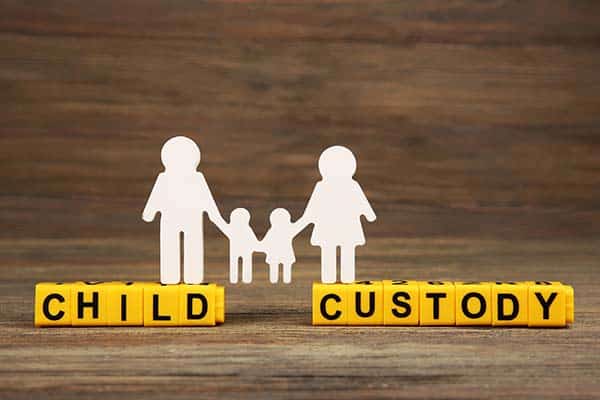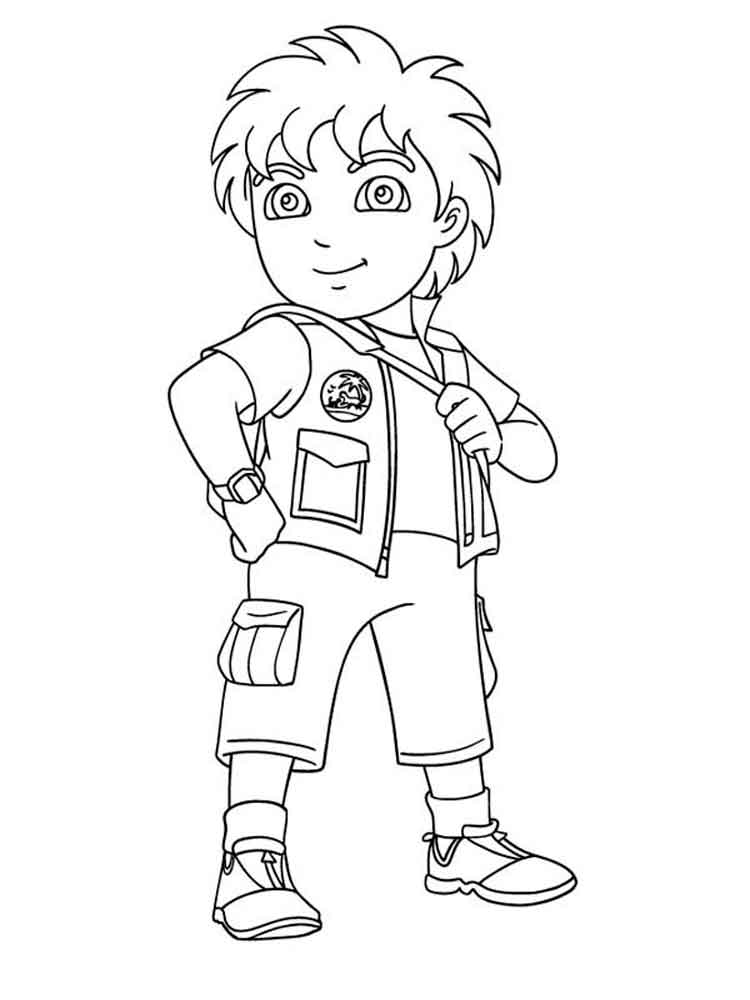Swearing in front of kids: Parenting and Behavioral Strategies
Swearing in front of kids: You’ll disagree with your partner in front of your kid at one point or another. While disagreeing is expected, how you do it and what happens after the episode matters greatly. Some people bang doors, curse, and utter slurs, while others swear.
Has your partner ever sworn in front of your child? Did they regret it afterwards? Were they conscious of the words uttered that time? Swearing in itself may not be as harmful, but the emotions and words tied to it are.

Should Your Partner Swear In Front Of Your Kids?
That depends. Swearing is so ingrained in our culture. But as a parent, you are the one to decide whether you want that culture in your home or not. Of course, by letting your partner swear in front of your child or not.
Are you okay with your child swearing? If you are okay with your little one swearing, by all means, go ahead and let your spouse swear all they want. But if you don’t prefer your kids to have that habit, you need to cultivate a home environment free of swearing.
Research reveals that children do what they see their parents or others do. So when your partner swears in front of your little one, just know they are teaching your kid how to do that.
Does Swearing Harm Children?
Interestingly, no. Swearing in itself is associated with some positive virtues. The “Frankly, We Do Give a Damn” study revealed that people who swear are thought to be honest.
The study found a favorable correlation between honesty and swearing. That profanity increases community integrity and decreases individual deceit and lying.
Bergen added, “people are more likely to swear when they’re in heightened emotional arousal, and the swearing may result in a positive or negative outcome.” Emotions may include happiness, rage, or sadness.
In his book, “What swearing Reveals About Our Language, Our Brain, And Ourselves,” Bergen states that no research has examined the effects of cursing on children. That’s because exposing young toddlers to profanity is regarded improper (ethically).
However, that’s not the case with older children. According to Bergen’s tests, which looked at the exposure of college kids to profanity and its repercussions, cursing has essentially negligible impact on kids. But what of slurs? Do they have an effect?
Well, that’s a different tale. A 2014 study reveals that prolonged exposure to insults ultimately impacts how someone feels about themselves and the victim. One observational study consisting of 143 middle schoolers who were exposed to homophobic slurs indicated that the kids exposed suffered despair and anxiety symptoms.
When Does Swearing Become Bad?
While your partner’s swearing in front of your kid may not be harmful in its essence, the language accompanying the swearing may result in harm. Since we are humans, occasional curses here and there are also usual.
But using foul and bad language or slurs makes you appear a terrible parent and partner. Foul language directed at kids, like telling them they’re worthless or threatening them, is offensive and relates to verbal abuse.
Verbal abuse is detrimental in many ways. Several studies suggest that verbally abused kids are more likely to develop anxiety and depression as adults.
Such kids are also at a greater risk of suffering from low self-esteem, mood changes, PTSD, substance use, chronic stress, social isolation and withdrawal, and feelings of guilt, hopelessness, and shame.
What Happens When Your Child Learns Swearing And Bad Language ?
You and your partner are your child’s role models, and the example you set forth is what the kid will copy. If your partner swears, curses, or uses foul language in front of your kid, your little one will learn the same. And while some parents may be fine with that, others won’t.
Receive your child’s new swearing? If not, save them. Do not yell or chastise your child. Child punishment teaches evil and may incite resistance.
With reinforcement of chosen behavior, extinction works better. Ignore swearing, profanity, and slurs.
Ignoring or ignoring bad behavior may reinforce it.
If your child swears, stay silent. It may start badly. Your child may swear more rudely. Avoid reacting or noticing. Be steadfast to defeat extinction.
This method works well with reinforcement. Reinforcement entails responding to comments without swearing or replacing offensive phrases, unlike extinction.

Conclusion
For instance, you can react by recommending your kid when they stay an entire day without swearing or when they swear using non-offensive words like sugar instead of “sh**.” Doing so would let your child know that you still have their attention and ignore the behavior, not them.
When you constantly praise your child for communicating politely and ignoring them when they swear, you’re telling them what’s acceptable behavior and what’s not. And since kids learn first, they’ll soon stop swearing and using foul language.
Whether your partner swears in front of your child or not, your kid will have a fair share of exposure to profanity from friends, family members, or TV programs. While you may not be able to control the exposure, you can model your child’s behavior. Provided your kid knows using the “F***” word is not the correct language, they’ll turn out okay.






